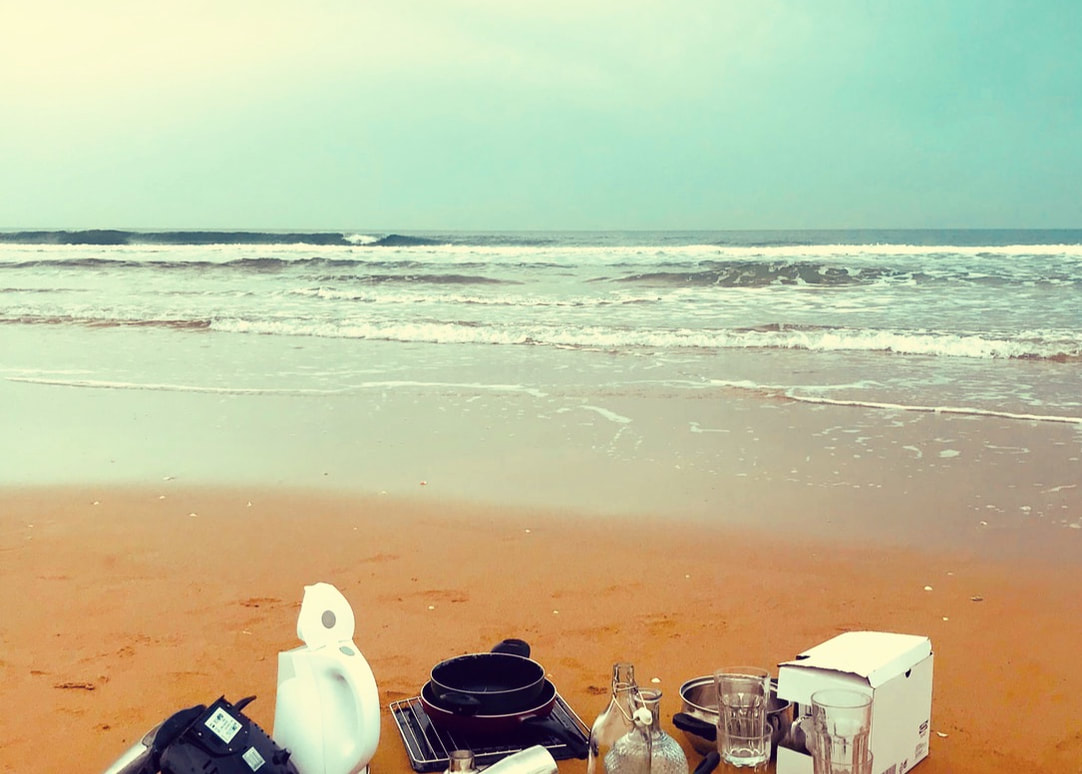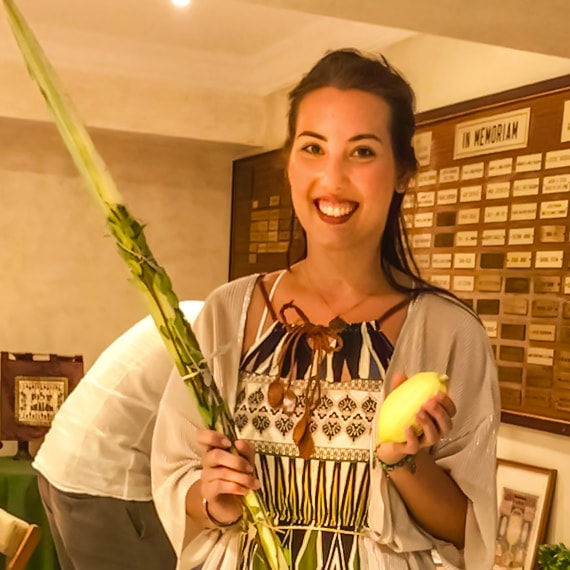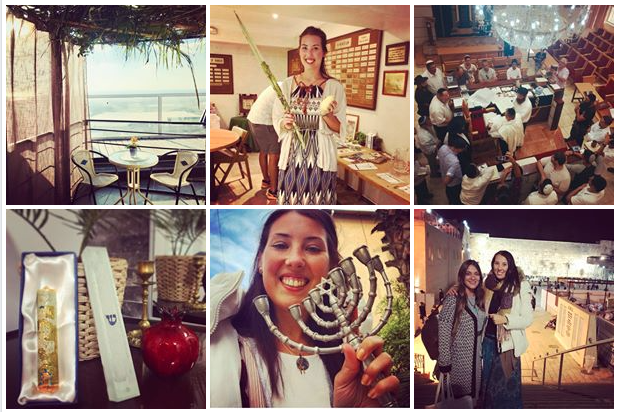BLOG, LIFESTYLE
|
ILANA
|
About Me
Welcome to "Jewishbychoice"!
I am Ilana!
German, 28 years old, converted to Orthodox Judaism, currently living in Israel. Fascinated by Torah, Spirituality and Jewish values.
Today I share my experiences on my blog and assist people in their conversion process. I teach weekly Judaism classes and offer professional conversion coaching.
I am Ilana!
German, 28 years old, converted to Orthodox Judaism, currently living in Israel. Fascinated by Torah, Spirituality and Jewish values.
Today I share my experiences on my blog and assist people in their conversion process. I teach weekly Judaism classes and offer professional conversion coaching.
Follow Blog
via Email
Follow this blog and receive new posts and inspirations by email.
|
|
Proudly powered by Weebly






